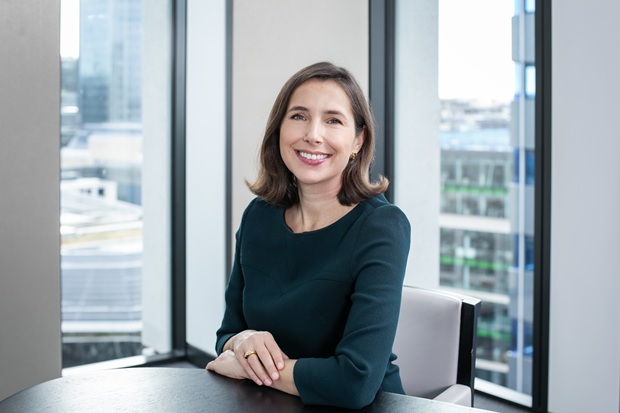
Investing into the energy transition
In January, Tell Media Group, in cooperation with Allianz Global Investors, BNP Paribas Asset Management and Lazard Asset Management, invited selectors to a roundtable discussion focused on the energy transition. Tell Media Group founder Niklas Tell moderated the discussion.
The discussion, which was hosted digitally, started with Niklas Tell asking the fund managers participating in the discussion to briefly explain how they look at the energy transition and how it influences their investment decisions.
ULRIK FUGMANN: “The energy transition is really quite exciting because I think if you read academic literature, it says there has been a lot of energy transitions, which is really not the case. All we’ve done is adding new fuels but not really transitioned away from one fuel source to another. We’ve just kept adding carbon intensity. Now, for the first time ever, we’re really trying to transition and actually decarbonise the way that we think about energy. That’s why the energy transition theme is so exciting. If you think about energy-related activities, they’re responsible for about 70 per cent of carbon emissions today, so it’s unsurprising that governments and consumers are so focused on how to decarbonise the energy system. Climate change and energy-related carbon emissions are an existential risk but it’s probably also one of the biggest commercial opportunities of our lifetime. That’s why the energy transition is not only important for the world but also important for investors that want to be part of this opportunity. We see that solutions are going to be found in three areas. The first is how we decarbonise the energy system, which is about renewable energy production. Secondly, it’s also about how we digitalise the global energy system, which is about energy tech, and finally it’s about how we decentralise the energy system - so around energy transportation, infrastructure and storage.”
PAUL SELVEY-CLINTON: “We have a core investment philosophy where we believe that the negative externalities of greenhouse gas emissions will be increasingly priced in and will appear in company’s financial statements going forward. This represents a huge transition risk for those high emitters but it also presents a tremendous opportunity for those companies that are able to provide products and solutions that enable that transition. In terms of how we think about investing, we first identify the key sectors of greenhouse gas emissions as defined by the IPCC. These are power, industry, transport, buildings and agriculture. Over 90 per cent of global greenhouse gas emissions come from those five sectors. Within these sectors we look for two different types of companies. We look for ‘enablers’, which are companies supplying products or solutions that support the transition to a low carbon economy. You can think about the producers of wind turbines, solar systems or companies producing parts for buildings efficiency or electric vehicles. Those are the enablers and they make up the core of our strategy. We also invest in something we call ‘transformers’, which are companies with high emissions today but are addressing climate-related risks and re-orientating their business models. These would be companies such as utilities, which might have some coal fired power generation today. However, if they’re able to transform within an investable timeline of three to five years and are able to close down the coal fired power stations and invest in renewables which re-orientation the business, we think that presents a huge opportunity for investors.”
DAVID FINGER: “What we do is quite similar to what Paul and Ulrik has already highlighted and that shouldn’t come as a surprise. Maybe a slight twist to our approach is that we embed this into the SDGs and our SDG-aligned fund range. Climate change and energy are obviously core parts in achieving the SDGs. Many of these issues are now taking a back seat due to the ongoing pandemic but if you look at what’s currently being shaped in terms of stimulus around the world, it’s clear that energy transition will be a very important part going forward. As the pandemic, fingers crossed, goes away over the next couple of quarters, climate change will be the most important topic going forward. There’s therefore the opportunity to position yourself in terms of promising business models going forward.”
A PDF version of the complete story can be found here.
// PARTICIPANTS
- CHRISTINA BERG: Senior manager research analyst at Länsförsäkringar
- TOBIAS TALLBERG: Product analyst, asset allocation at Handelsbanken Asset Management
- JOONAS HUTTUNEN: Portfolio manager and responsible investment specialist at The Church Pension Fund
- PAUL SELVEY-CLINTON: Portfolio manager/analyst at Lazard Asset Management
- ULRIK FUGMANN: Co-head environmental strategies group at BNP Paribas Asset Management
- DAVID FINGER: Senior portfolio manager thematic equity at Allianz Global Investors



